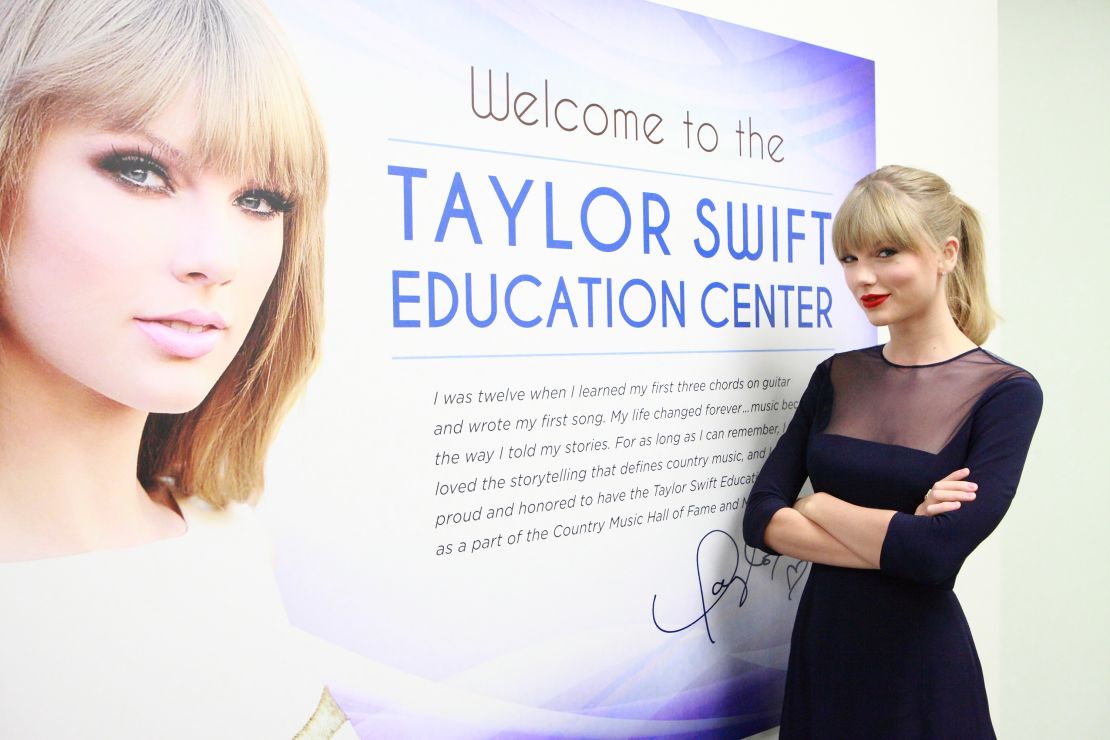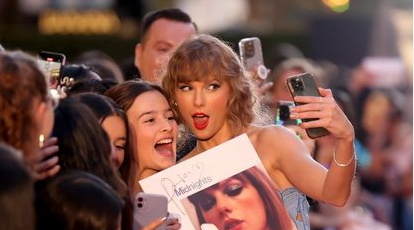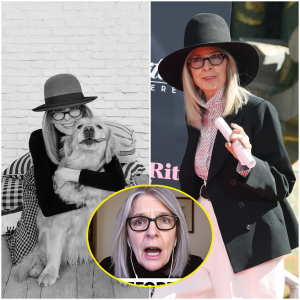After teasing it for days, Taylor Swift released “Out of the Woods,” the newest single from her album 1989,late Monday night. Out of the Woods is arguably what Swift does best: It’s a highly emotional song about a rocky relationship.
:max_bytes(150000):strip_icc():format(webp)/taylor-swift_1-371ddf58633540c4a6ce4d41392b26a3.jpg)
The two songs released thus far from 1989 follow now-familiar guidelines for Swift songs. On one hand, there’s “Shake It Off,” an anthem about not caring what others think—along the lines of “22.” On the other hand there’s “Out of the Woods,” a song which comes off as intensely intimate, like “All Too Well,” “Dear John,” or even “Fifteen,” if you’re in the mood to really throw back. Swift is a master at crafting these songs that lyrically feel both incredibly specific and as if they could apply to any situation. Take for instance, “All Too Well.” She sings about leaving her scarf at said man’s sister’s house (hey, Maggie), and his mother “telling stories about [him] on a tee ball team.” She’s best when she cares. Deeply.
“Shake It Off,” for example, can feel, well, off. Swift opens the song by claiming that people say that she stays “out too late,” but Swift has never been a tabloid fixation for any partying antics, and listeners know that. Molly Lambert wrote at Grantland that she was “was surprised to learn that people think Taylor stays out too late, because I have literally never heard anyone suggest that.” Swift embraces her cat-lady image wholeheartedly. Still, “Shake It Off” isn’t exactly off-brand for Swift, who wants to project a familiarity both in her music and her public persona, inviting fans over to her home to listen to the album and simply hang out. In “Shake It Off,” Swift is playing the perfect party host: fun, easy, no stress. In a song like “Out of the Woods,” however, the guests have gone home, the facade is gone, and she’s talking about her real problems.
It’s worth noting that Swift co-wrote “Out of the Woods” with Fun.’s Jack Antonoff, who produced the track. Antonoff’s hand is evident; “Out of the Woods” is sonically similar to music off Antonoff’s solo project, Bleachers. Antonoff also happens to be boyfriend of Swift friend Lena Dunham (who I hope will direct a Swift video soon). Confessional works well for these people. Swift, meanwhile, worked with Max Martin and Shellback on “Shake It Off,” who also their hands in “22,” “We Are Never Ever Getting Back Together,” and “I Knew You Were Trouble” on her album Red. Martin is known for crafting great pop songs with not-so-great lyrics. Though Swift’s songs with Martin are unique to Swift, Martin songs in general rarely feel personal to the artist performing them—what do you learn about Ariana Grande from “Break Free”?—but personal is where Swift excels.

The chorus of “Out of the Woods” is, for most intents and purposes, pretty generic. Like that of “Shake It Off,” it’s highly repetitive and therefore highly catchy; Swift simply sings “Are we out of the woods yet?” and “Are we in the clear yet?” over and over again. Yet, in a verse, she sings: “Remember when you hit the brakes too soon/Twenty stitches in a hospital room.” Swift appears to be letting you in on secrets that are specific to her own experience—Harry Styles is likely the love interest in question, for those who are still chronicling that element of Swift’s life—while creating a track that’s still widely appealing. (It’s already No. 1 on iTunes.) Upon the release of Red, Richard Lawson called this her “evil gift,” being able to “sell millions of records because of their doors-everywhere accessibility, and yet she somehow finds a way to needle, to pinpoint a particular spirit or feeling that, to the more susceptible among us at least, directly speaks to something specific and exposed within us.” (Lawson, however, wrote this about “22,” which falls in the category of I’m going to have fun Swift songs.)

Swift exists on a plane of fame most of us will never come close to understanding—to the extent that Rolling Stone‘s Josh Eells wrote that she “never feels completely safe, especially when it comes to her privacy.” But listening to “Out of the Woods,” it’s easy to forget that. In this song, she’s just your friend telling you about her doomed relationship, giving you a framework for you to tell her about yours.









